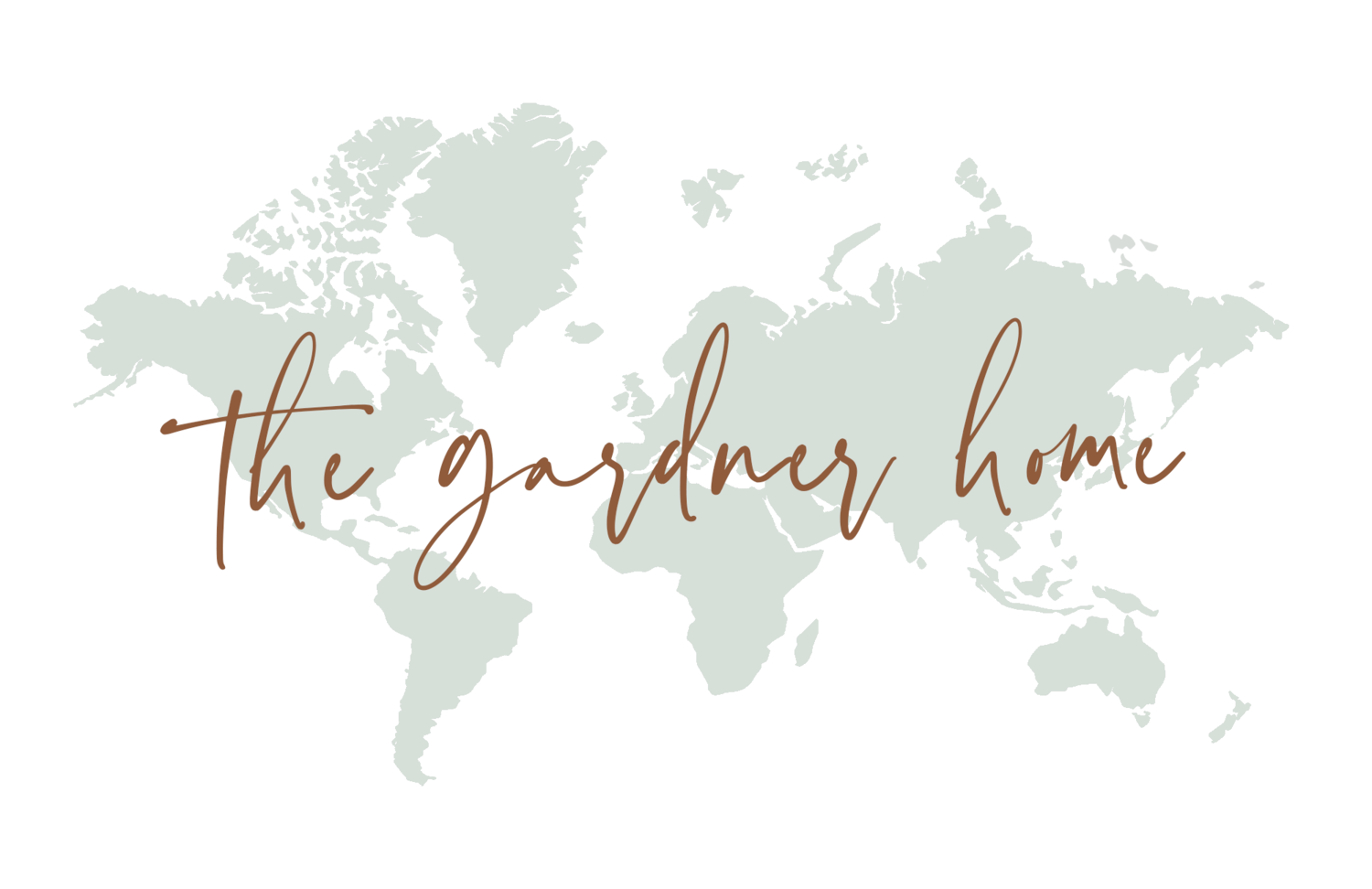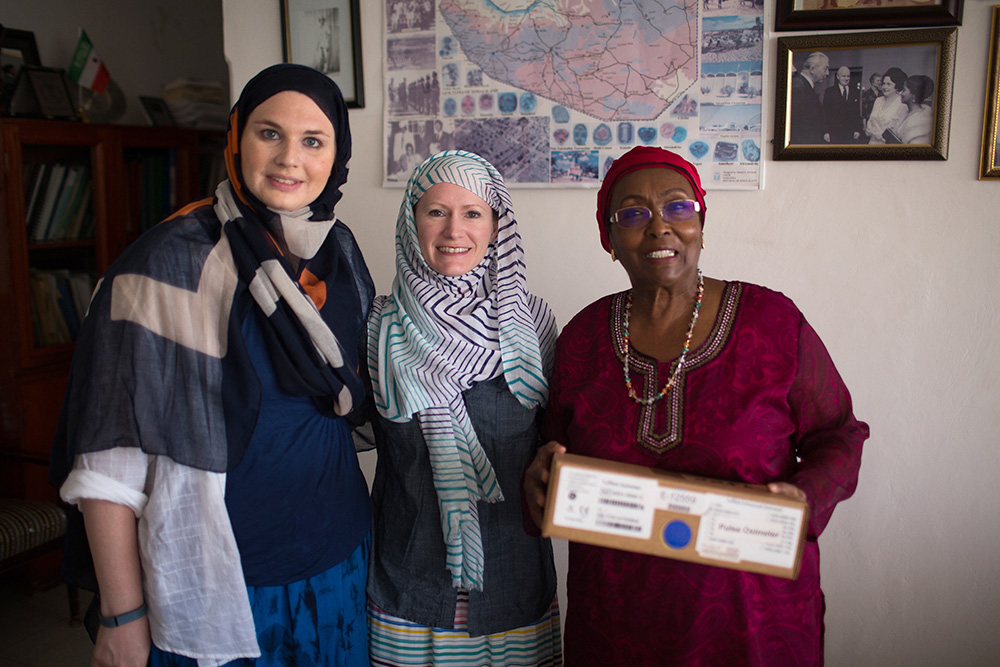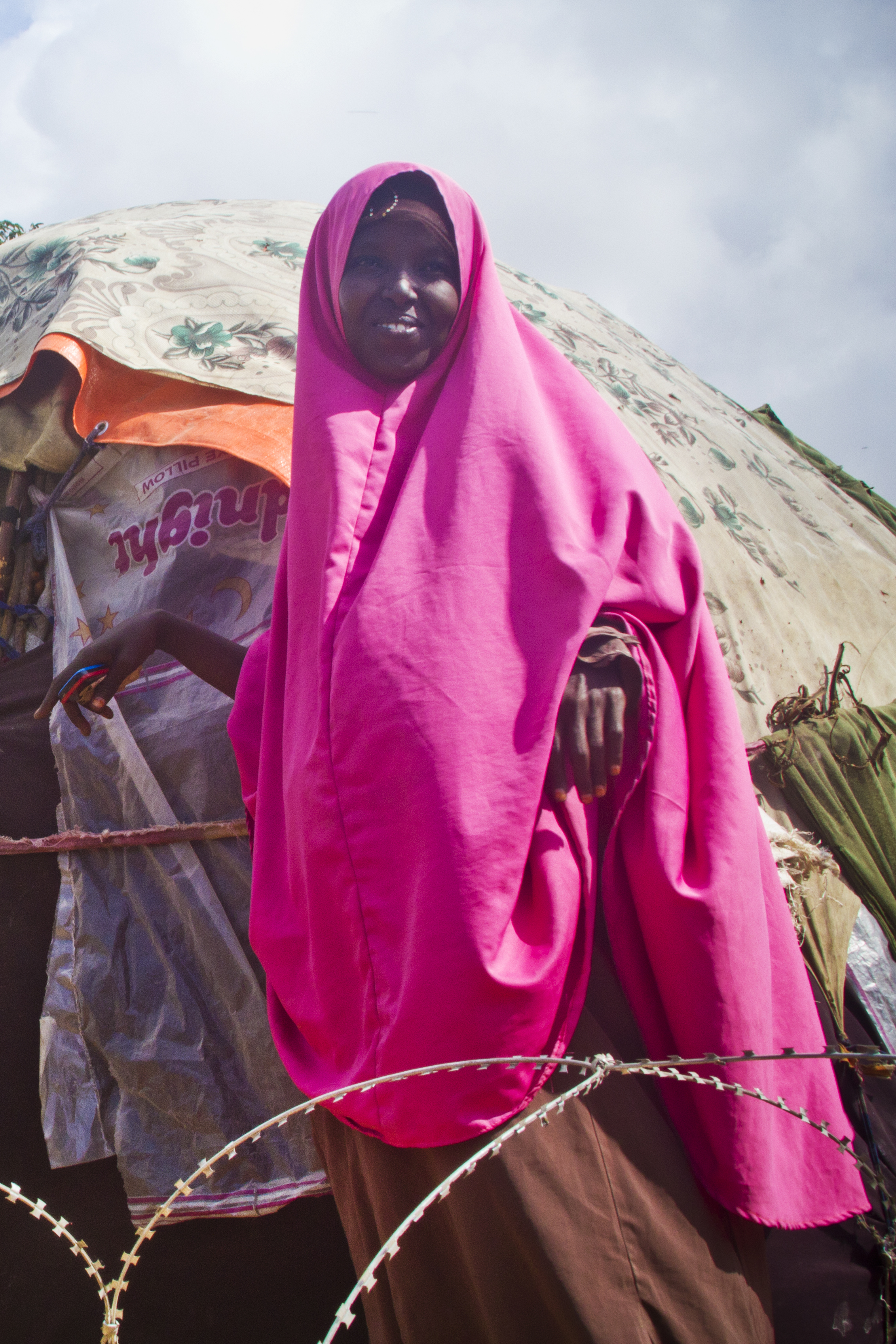As we bumped along the dirt road to what looked like the middle of nowhere, we suddenly pulled in view of what appeared to be a brand new center. It’s off-white buildings perfectly constructed. Even the ground had been covered in rocks to give the compound a feeling of wealth—but that was just an illusion.
Now all that remained was an abandoned center, cut off from funds, full of women, children, and older men inhabiting the rooms, once meant for classrooms. We were hours outside the city and with a minority people group living there, the government overlooked the needs. Others had come to help, but they also had given up, as seen by the classrooms now used as makeshift homes.
When our trucks pulled up with food, clothes, and blankets for this small community, it didn’t take long for word to spread. Soon children and women swarmed the vehicles. We quickly realized that what we thought would be a small gathering of village elders, had turned into a community event. Later that day, we learned that another organization was also planning a distribution that day, which may have led to the community already on alert for distribution of aid.
Mira stood out in her bright blue hijab, the colors bouncing off the background of brown dust. She had a baby slung on her hip and one of her daughters following her around as small children often do. Though she had another child, he was out playing with his friends. Mira isn’t sure what age her children are, as age isn’t something often kept in their community. Instead, she was more concerned with what they would eat and if they are safe.
Asna appeared quiet and uncomfortable, she nestled her little girl in her lap, and after few questions began to smile. She was pregnant. Joy came across her face as she told us, and one could see that having children out here was no small feat. Later when we were eating with the village elders, we learned that many women do not have access to a hospital. If there is an emergency they will go by ambulance to a town several hours away, but for the majority, having a baby is something done at home.
Agnus reminded me of myself. She had a gold nose ring similar to mine, she was tall and sturdy like me, and even had a 4-month-old boy just as I did. It’s funny, seeing yourself in someone, yet living completely different lives. I can’t imagine the hardships that Agnus faces. While we were blessed with a beautiful windy day, there are many months out of the year that their home is considered one of the hottest habitable places on earth. Temperatures sore above 100 degrees, and when you only receive water once every 10 days, surviving becomes that much harder.
Several of the women who received rice and beans at the distribution
Asna pictured with her daughter
Agnus pictured with her children
Mira pictured with her daughter
We asked the elders how we could help relieve their strain for fresh water. Living in the middle of a volcanic desert doesn’t provide much access to clean water, or even dirty water for that matter. There is a water source 30 minutes away by foot, but it’s not much help, when there is no irrigation system for the water to reach the village. When asked what would happen if the water trucks do not come, Muhammed* replied matter of factly, “We would die.”
In our line of work there are often two things that help people get out of the poverty cycle—nutrition (provided through water and food) and education. But here, in a small village, of forgotten minorities, there is neither. The children do not have a school to go to, though they live in abandoned classrooms. Muhammed said that the older children are becoming restless and starting to cause trouble. The lack of basic needs is why these people feel helpless. Though they keep on having babies and caring for their young, they yearn for more—a place where they can send their children to school and not have to limit their intake of a water, a luxury we so often take for granted.
But since we now live in the country, we have the opportunity to keep helping, to keep loving, and to keep going to the hard and forgotten places. So it's our hope that we can soon send some teachers into this community and begin educating these kids, because we really believe that one of the biggest helps in getting out of the poverty trap is education.
We feasted on goat meat and more
The fed us enough for days
Ya know, when you get a flat, and it takes 5 gives and two goats to get it done...
Because it's not a trip unless you come back with a goat. Don't worry by the time we were done we had one more goat in the back. Yet, sadly these goats will be dinner soon. :)
I am still amazed at to how they get up there!
Baby toes and the most colorful meal I've ever seen!
The boys hanging out.
Ezra was not into this flat tire thing...
This beautiful girl and her father live in a hut on the side of the road that takes us to our destination. We stopped and gave them some of the food we had for our distribution.
goats on trees















